Are You Looking For a Physiotherapist In Central Dunedin?
Why Book at Physio Performance?
Expert Care. Proven Results. Convenient Location.
When it comes to your health, you deserve the best and that’s exactly what we deliver.
At Physio Performance, we combine clinical expertise with genuine care to provide results-driven physiotherapy that puts you first.
Our experienced team doesn’t just treat symptoms, we pride ourselves on our pain to performance approach to client care where we take the time to understand the root cause of your pain and create a personalised plan to help you move better, feel stronger and get back to what you love. Our model is relieving symptoms, restoring function and improving your long term health.
Because it's not just about living longer—it's about living well. Prioritising your health span means staying active, independent and pain-free for as many years as possible.
Make your health a priority and book an appointment with one of our expert physios and take the first step towards better health.
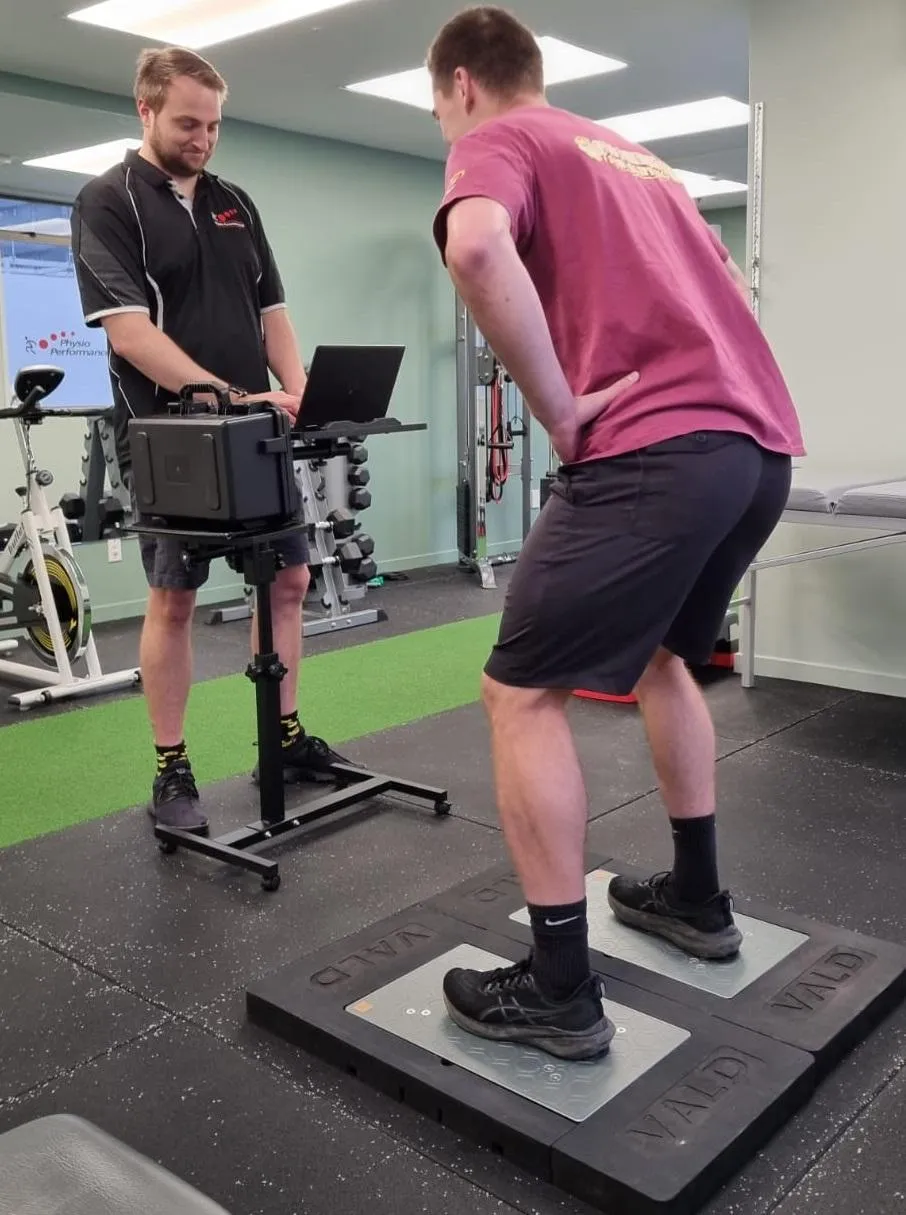
Physio Performance was established by Helen Littleworth in 2004 and has consistently provided a high standard of Physiotherapy care to Central Dunedin residents and professionals, as well as the broader community.
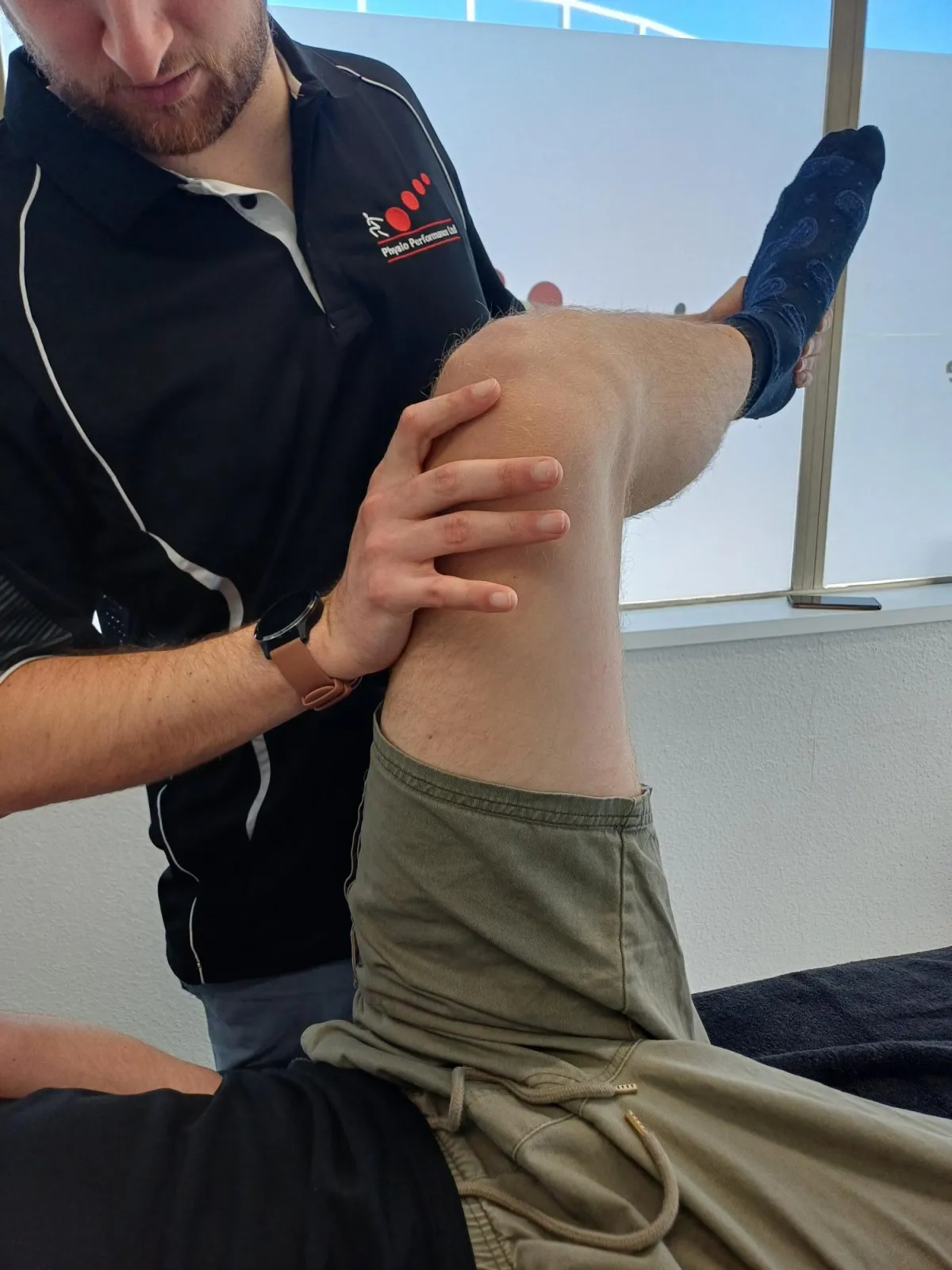
What Sets Us Apart?
At Physio Performance Ltd we have:
A movement driven philosophy following our “Pain to Performance” approach.
Our model aims to relieve symptoms, restore movement, then improve long term health and wellbeing.
We are trusted within the community for delivering quality care and achieving exceptional results. Every visit to Physio Performance starts with friendly administration service, followed by quality physiotherapy session including thorough assessments, education, personal goal setting, treatment and rehabilitation plans.
Cutting edge facilities that support our experienced clinical assessments.
The ‘MoveZone’ area, rehabilitation, Ultrasound imaging, VALD forceplates and strength testing equipment allows for the effective support of all physiotherapy clinical opinions, treatment and exercises plans. Physio Performance Ltd uses cutting edge facilities and analysis to tailor individualised rehabilitation, recovery and movement pattern plans.
Confused about your pain and not sure what to do?
Get clear, professional advice in our free downloadable information packs
Back Pain
Understand why back pain happens and how to help it
Shoulder Pain
Understand why shoulder pain happens and how to help it
Knee Pain
Understand why knee pain happens and how to help it
How Can We Help?
At Physio Performance we treat a wide range of conditions from everyday aches to complex injuries. Whether you're dealing with a recent injury or something that’s been nagging you for a while, our experienced physiotherapists can help you understand the cause and work towards lasting relief.
We commonly help clients with:
Back pain – from stiffness and postural strain to disc injuries and sciatica
Neck pain & headaches – including tension, whiplash and desk-related strain
Shoulder pain – such as rotator cuff issues, bursitis and frozen shoulder
Knee pain – from ligament injuries and arthritis to patellofemoral pain
Hip & pelvic pain – affecting movement, stability or sleep
Ankle & foot problems – including sprains, Achilles issues and plantar fasciitis
Post-surgical recovery – regain strength and mobility after orthopaedic surgery
Sports injuries – from sprains and strains to overuse injuries
Balance and dizziness issues – including BPPV and vestibular dysfunction
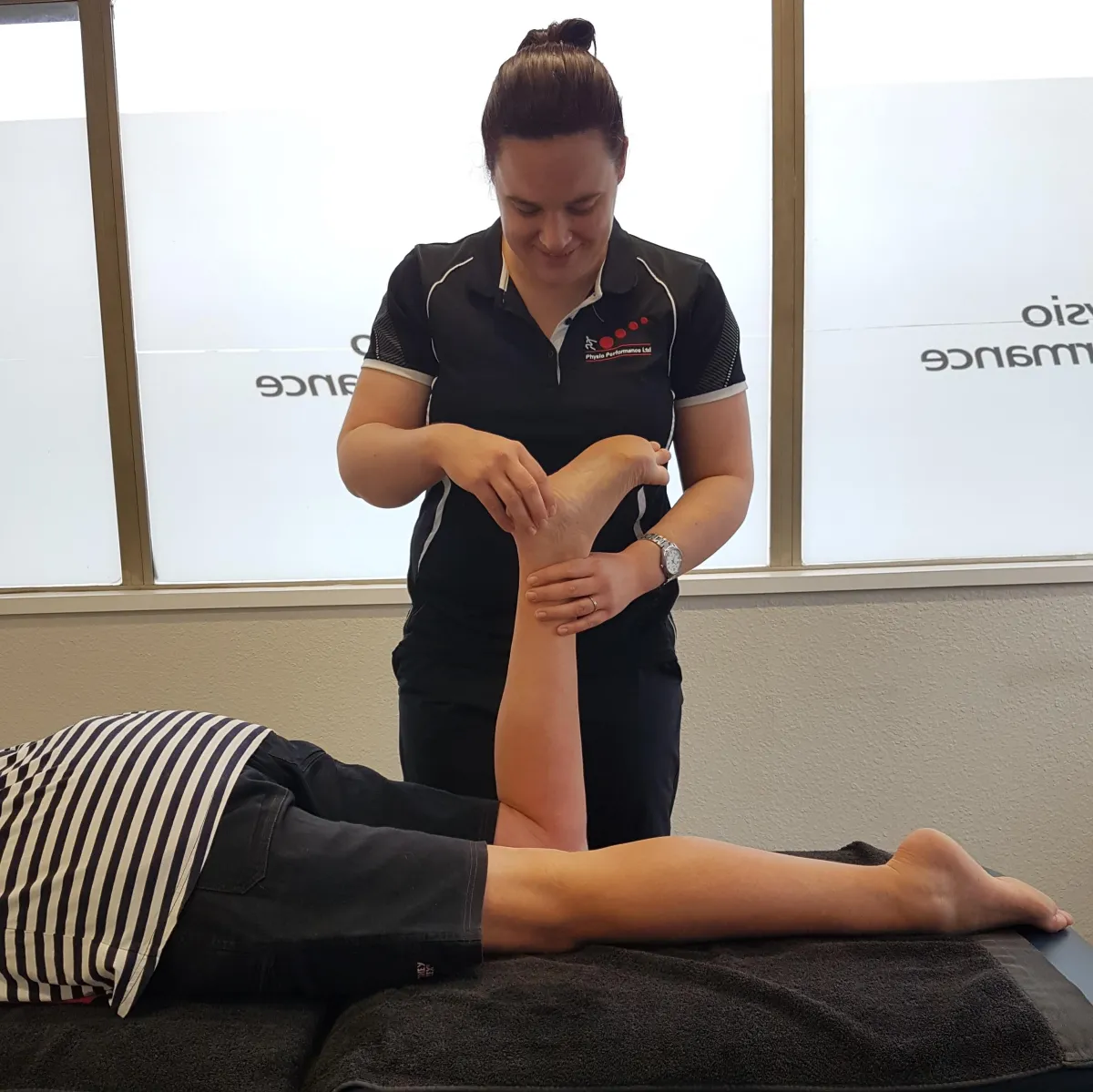
MoveZone
Whether you’re recovering from injury or simply want to build a better foundation for movement, The MoveZone is the bridge between rehab and regular life.
Every movement, piece of equipment and exercise program is informed by clinical expertise — so you can train with confidence and efficiency, knowing your body is in safe hands.
Everyone’s body and recovery journey is different. Our goal is to help you move better, feel stronger and rebuild your confidence — all without risking further injury or setting back your recovery.
8 Broadway, Central Dunedin, Dunedin 9016, New Zealand
Monday - Thursday: 8am – 6pm, Friday 8am - 5pm
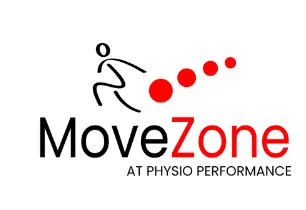
Existing MoveZone client?
Book your next session.
Contact us today to speak with our friendly team and find out how we can help you feel your best
Latest Tips and Advice
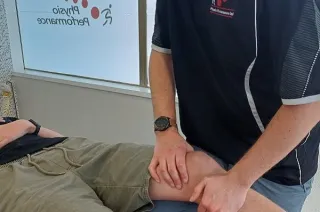
Recover Stronger with Physiotherapy at Physio Performance, Dunedin
Recover faster and move better with expert physiotherapy at Physio Performance in Dunedin ...more
Physiotherapy
August 02, 2025•1 min read
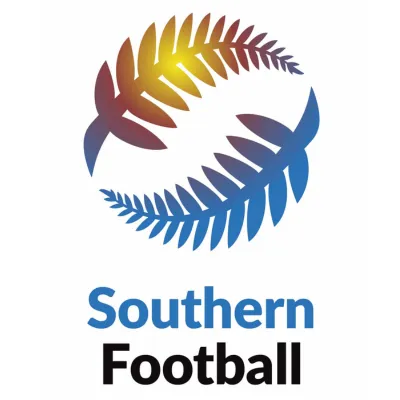

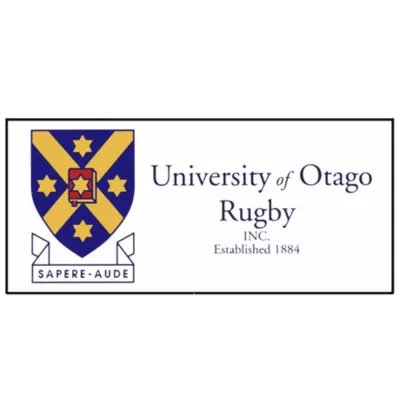
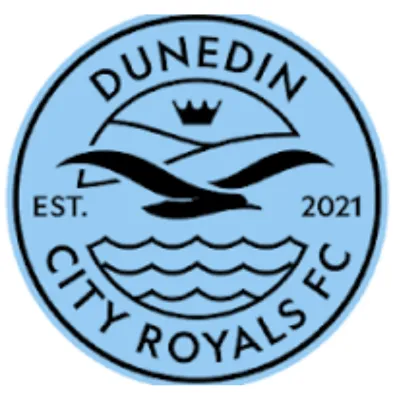

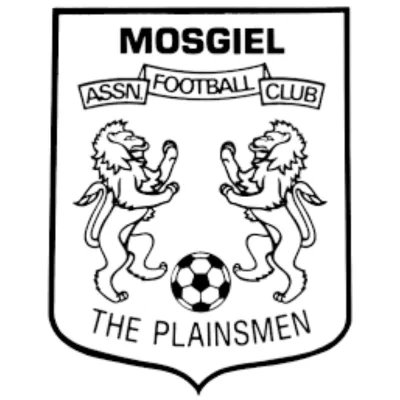

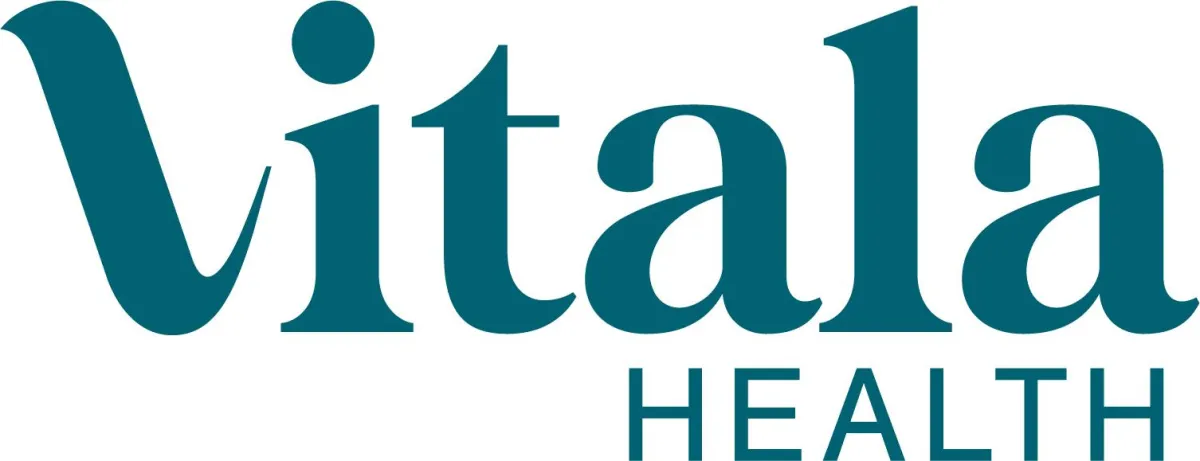
Physio Performance Physiotherapy is powered by Vitala Health, a group of Allied Health Practices across New Zealand and Australia.
Vitala Health provides clinical solutions that supports clients health and lifestyle needs through best practice treatment, premium facilities, education and ongoing commitment to customer service. Learn more about Vitala Health
If you have any questions before scheduling an appointment or for general enquiries, please contact us. Our team will promptly reach out to assist you.
Opening Hours
Mon: 8:00am - 6:00pm
Tue: 8:00am - 6:00pm
Wed: 8:00am - 6:00pm
Thu: 8:00am - 6:00pm
Fri: 8:00am - 5:00pm
Sat: Closed
Sun: Closed
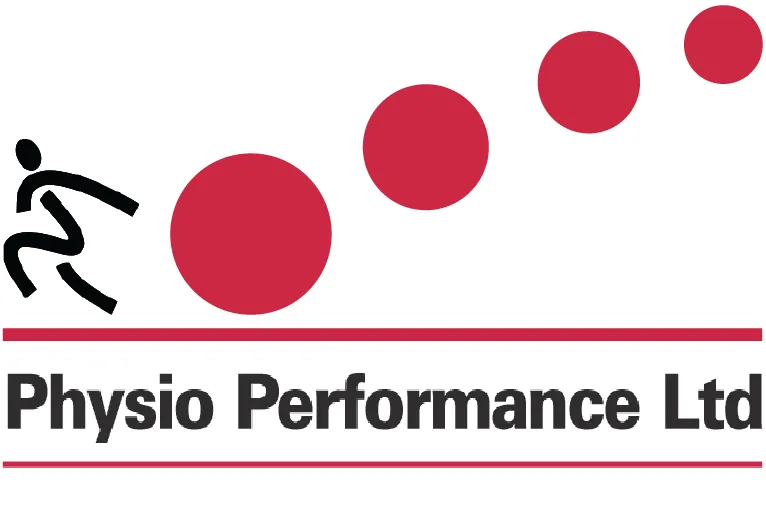

Follow Us
The Clinic
Common conditions
© Copyright 2025. Vitala Health. All rights reserved.

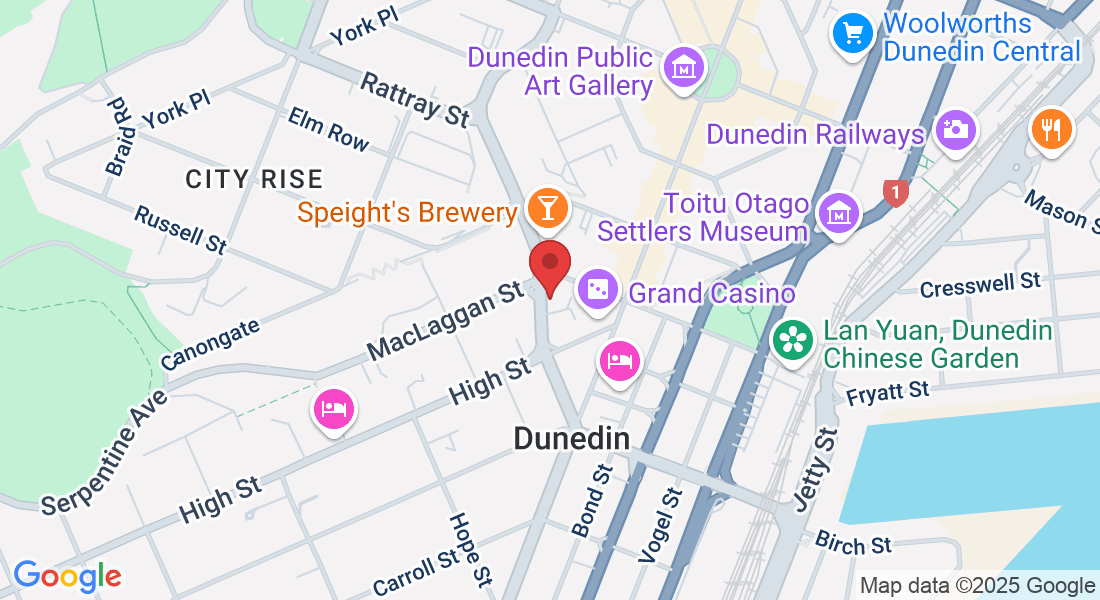
Facebook
LinkedIn